Reaching net zero is one of the biggest challenges currently facing the property industry, with the UN Sustainability Goal set for 2030.
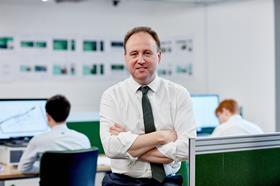
But with the built environment being one of the most problematic for emissions, how should the industry respond? The answer lies in the balance between environmental and economic viability.
When it comes to sustainability, there is a constant struggle between sustainable techniques and making it fit within the budget. Businesses can have the best intentions regarding carbon neutrality, but if the proposed solutions are not economically viable, the most financially appropriate option will win out every time.
However, we must start taking a different approach and understand that green solutions do not have to cost more.
With new projects, it is crucial to get ahead in the design phase and look at the environmental versus economic elements – cost against benefit – to work out where the sweet spot is. However, existing buildings are also a very real issue.
The key to reaching minimal carbon output is to start from the bottom and identify the essentials. We all need light and warmth, but we can do without lots of lighting and big boilers.
Finding the right way to reduce your company’s carbon footprint can be a minefield but establishing your true carbon baseline is a great place to start. We recently completed a feasibility study for transitioning Loch Lomond & The Trossachs National Park to net zero. We identified the park’s direct energy usage across the entire estate and produced a roadmap for reaching the net zero target by 2025.

We all want to ensure that we design and build in the most environmentally efficient way and the balance can be found in the early-stage assessment of what works across three different critical factors: technical, environmental and economic justification.
Incorporating sustainable building methods as well as technology into the brief is where real change will come and where the strongest and most sustainable solutions are built.
Lee Marshall is managing director at Viridis Building Services

























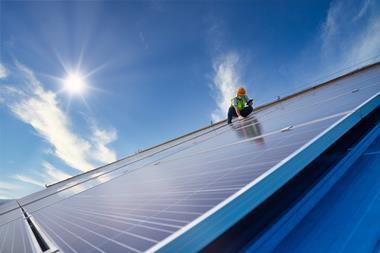
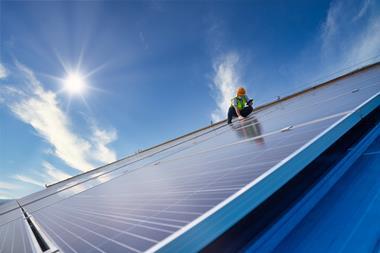

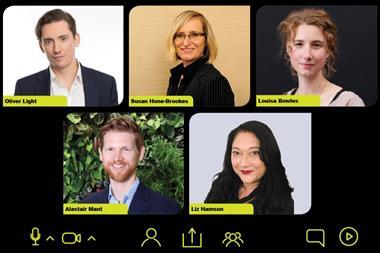
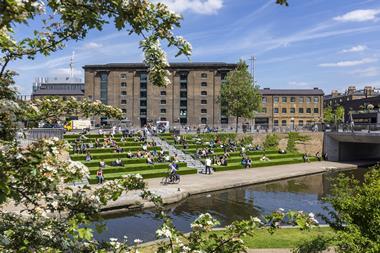
No comments yet